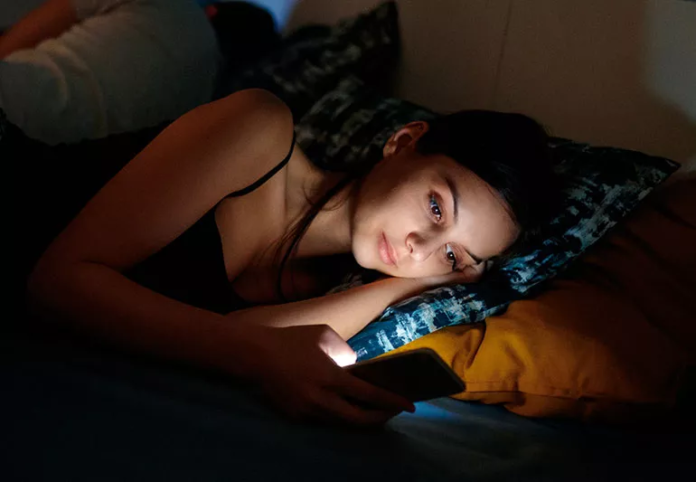Ever wonder why it’s so hard to fall asleep after a late-night Netflix binge or a scroll through your phone? The culprit might be the artificial light you’re exposed to after sunset. This type of light can interfere with the natural production of melatonin, the hormone responsible for regulating our sleep-wake cycles. Let’s delve into how this works and why it’s important.
Understanding Melatonin
Melatonin is a hormone produced by the pineal gland in the brain. Its primary function is to signal to your body that it’s time to wind down and prepare for sleep. The production of melatonin is influenced by the light-dark cycle; it typically rises in the evening as it gets dark, peaks during the night, and drops in the early morning as it gets light again.
The Role of Natural Light
Before the advent of electricity, human beings relied solely on natural light from the sun. Our ancestors’ exposure to light was aligned with the natural progression of the day—bright sunlight during the day and darkness at night. This natural light-dark cycle kept their melatonin production in sync with their sleep-wake cycles.

Enter Artificial Light
In today’s world, artificial light is ubiquitous. From streetlights and neon signs to the glow of our TVs, smartphones, and computers, we are constantly surrounded by light, even after the sun goes down. This artificial light can trick our brains into thinking it’s still daytime, thereby disrupting the production of melatonin.
How Artificial Light Affects Melatonin Production
Artificial light, especially the blue light emitted by screens, has a significant impact on melatonin production. Blue light wavelengths are particularly effective at suppressing melatonin. Here’s how it happens:
- Light Exposure: When you expose yourself to artificial light in the evening, it passes through your eyes to the retina, where it is detected by photoreceptors.
- Signal Transmission: These photoreceptors send signals to the suprachiasmatic nucleus (SCN) in the brain, which is the master clock regulating our circadian rhythms.
- Melatonin Suppression: The SCN responds to light signals by delaying the release of melatonin. This means that even though it might be late at night, your body is receiving signals that it’s still daytime, thus reducing the production of melatonin.
The Consequences of Reduced Melatonin
Reduced melatonin production can have several negative effects on your health:
- Difficulty Falling Asleep: Lower melatonin levels can make it harder for you to fall asleep.
- Poor Sleep Quality: Even if you manage to fall asleep, the quality of your sleep might be poor, leading to frequent awakenings and unrestful sleep.
- Disrupted Circadian Rhythm: Chronic exposure to artificial light can disrupt your circadian rhythm, leading to a host of issues such as insomnia, fatigue, and mood disorders.
- Long-term Health Issues: Over time, disrupted sleep can contribute to more serious health problems, including obesity, diabetes, cardiovascular diseases, and certain types of cancer.

Mitigating the Impact
Thankfully, there are several ways to mitigate the impact of artificial light on melatonin production:
- Limit Screen Time: Try to reduce your exposure to screens at least an hour before bed. Use “night mode” settings on your devices to minimize blue light emission.
- Use Dim, Warm Lighting: In the evening, opt for dim, warm-colored lights rather than bright, cool-colored ones.
- Consider Blue Light Filters: Invest in blue light filtering glasses or install blue light blocking apps on your devices.
- Create a Bedtime Routine: Establish a calming bedtime routine that doesn’t involve screens. Reading a book, taking a warm bath, or practicing relaxation techniques can signal to your body that it’s time to prepare for sleep.
- Get Natural Light Exposure During the Day: Ensure you get plenty of natural light exposure during the day to help reinforce your natural circadian rhythm.
Conclusion
While modern life makes it nearly impossible to avoid artificial light entirely, being mindful of your exposure, especially in the evening, can help maintain healthy melatonin levels. By taking steps to minimize the impact of artificial light, you can improve your sleep quality and overall well-being. So next time you’re tempted to check your phone just one more time before bed, remember: a good night’s sleep starts with saying goodnight to artificial light.





